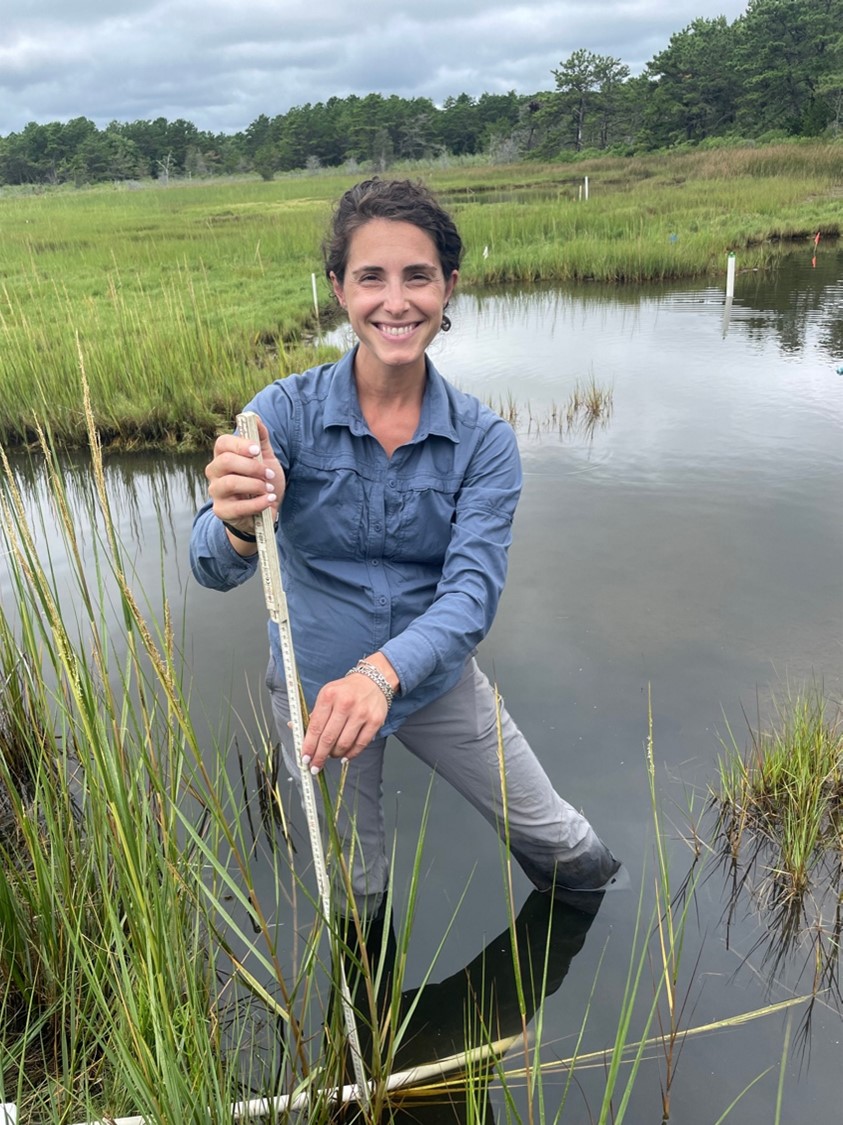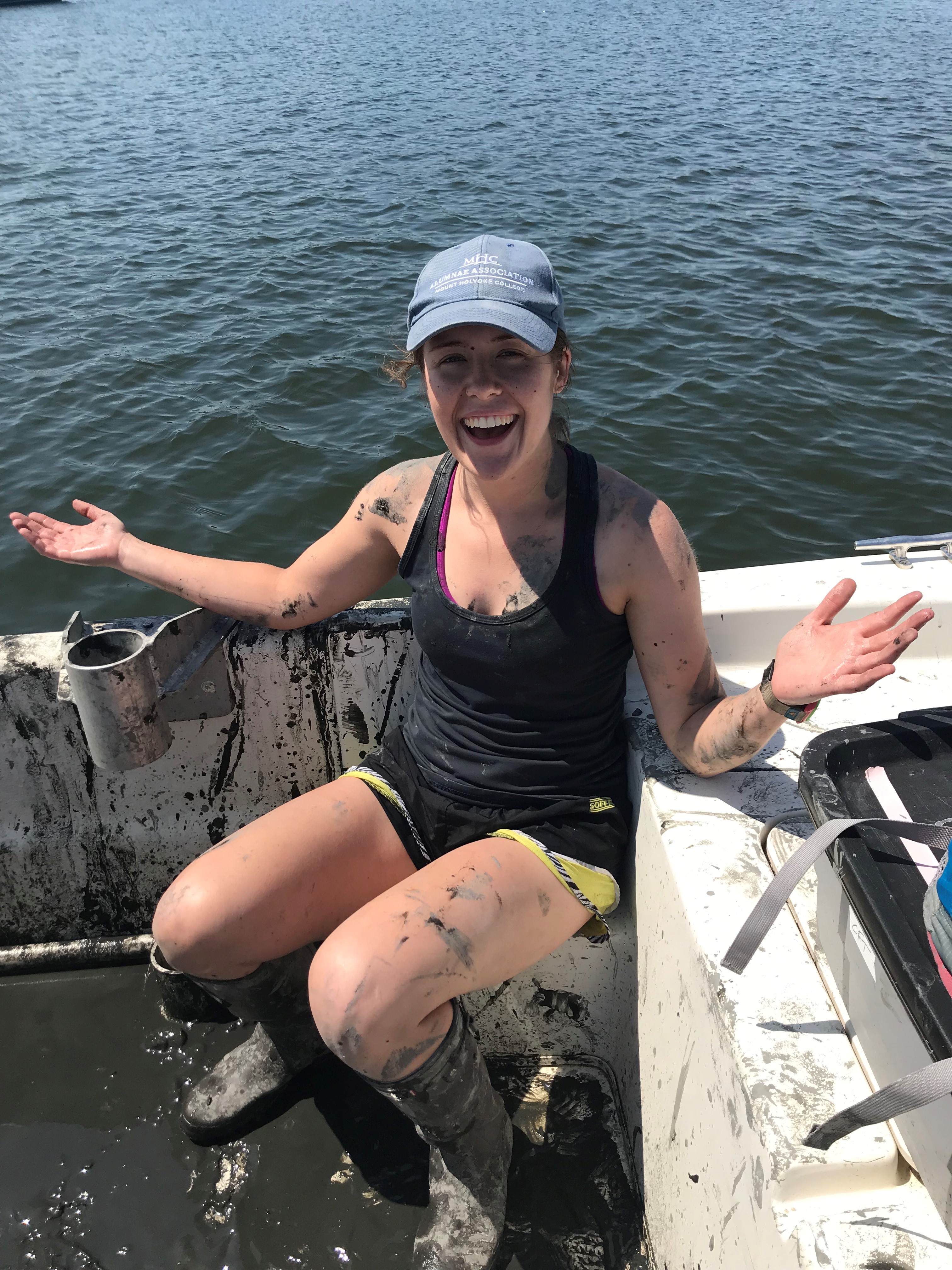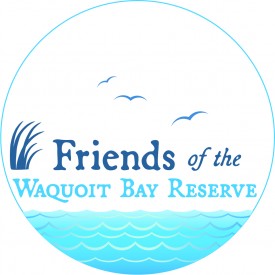
2024-2026
Emily Wilson graduated from Lafayette College in 2022 with a B.S. in Biology and a B.A. in Environmental Studies. Emily is interested in studying coastal resiliency and specifically researching how different anthropogenic forces and coastal restoration methods impact the biogeochemistry of salt marshes.
Funded by the NOAA Margaret A. Davidson Fellowship, Emily is currently studying how sea level rise-driven vegetation shifts and die-off are impacting salt marsh greenhouse gas fluxes.

2022-2024
Hillary Sullivan, Ph.D. Marine Science, Northeastern University.
Project Description: Salt marshes are experiencing accelerated changes via sea level rise and other disturbances, which is causing extensive habitat loss. Areas of standing water on the marsh platform cause vegetation death, elevation loss, and expansion of standing water. This has potential implications for important ecosystem services such as carbon and nitrogen cycling. In December 2023, we installed runnels, a restoration tool to help drain standing water and encourage revegetation and elevation gain in the marshes at South Cape Beach area. In the coming years, we will monitor the effectiveness of the runnels.
Salt Marsh Hydrologic Alteration and Restoration Using Runnels: Can We Save Our Marshes? (webinar)

2022-2024
Claudia Mazur, Ph.D., Earth & Environment, Boston University
Project Description: Claudia’s research focused on better understanding how excess nitrogen pollution impacts coastal nutrient cycling. She is worked with Waquoit Bay NERR to better understand the impacts of acidification on nutrient cycling pathways. Her goal is to apply her findings to estuarine management projects that focus on supporting the resiliency of coastal communities under a changing climate.
Ask Our Researchers: What Happens to Water Quality When Acidity Goes Up?
Margaret A. Davidson Graduate Fellowship
It’s an exciting two-year fellowship program that provides the opportunity for graduate students to conduct collaborative research at one of the 30 national estuarine research reserves. Through a research project, fellows address a key reserve management need to help scientists and communities understand coastal challenges that may influence future policy and management strategies.
The research reserves represent the apex of estuary science. At these coastal sites, fieldwork, research, and community engagement come together to create the scientific advances that change our communities and our world. Click here for additional details.

